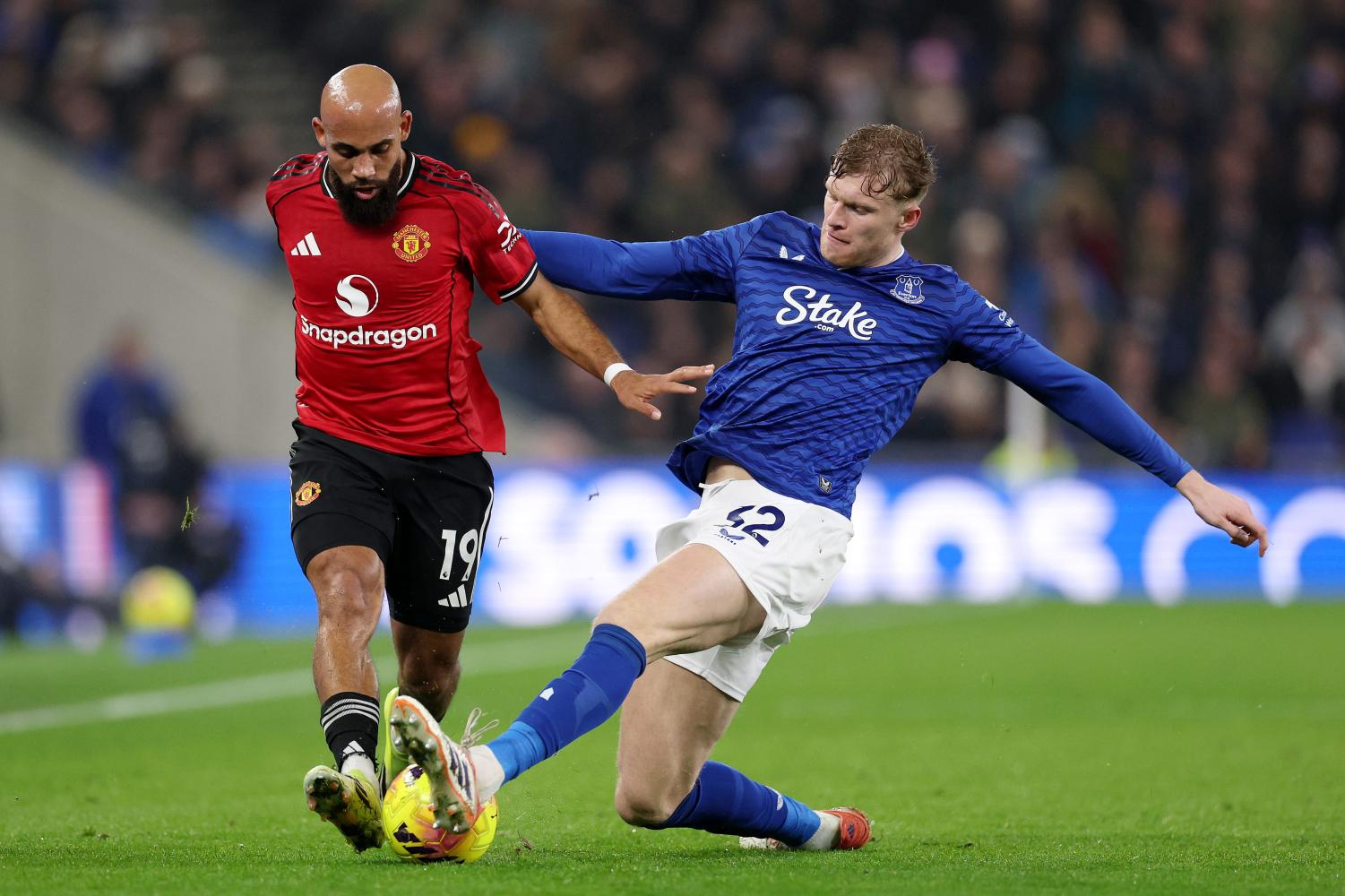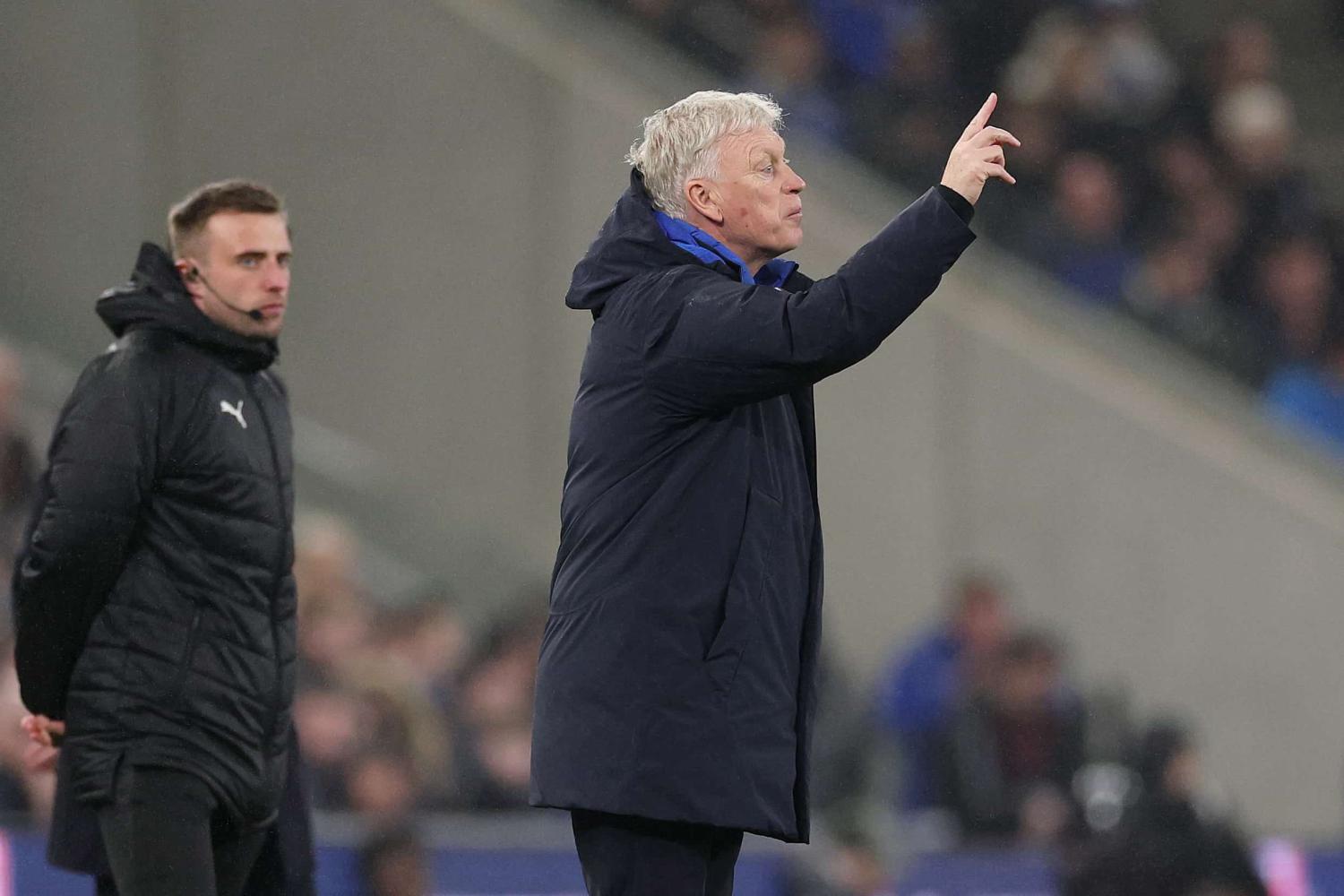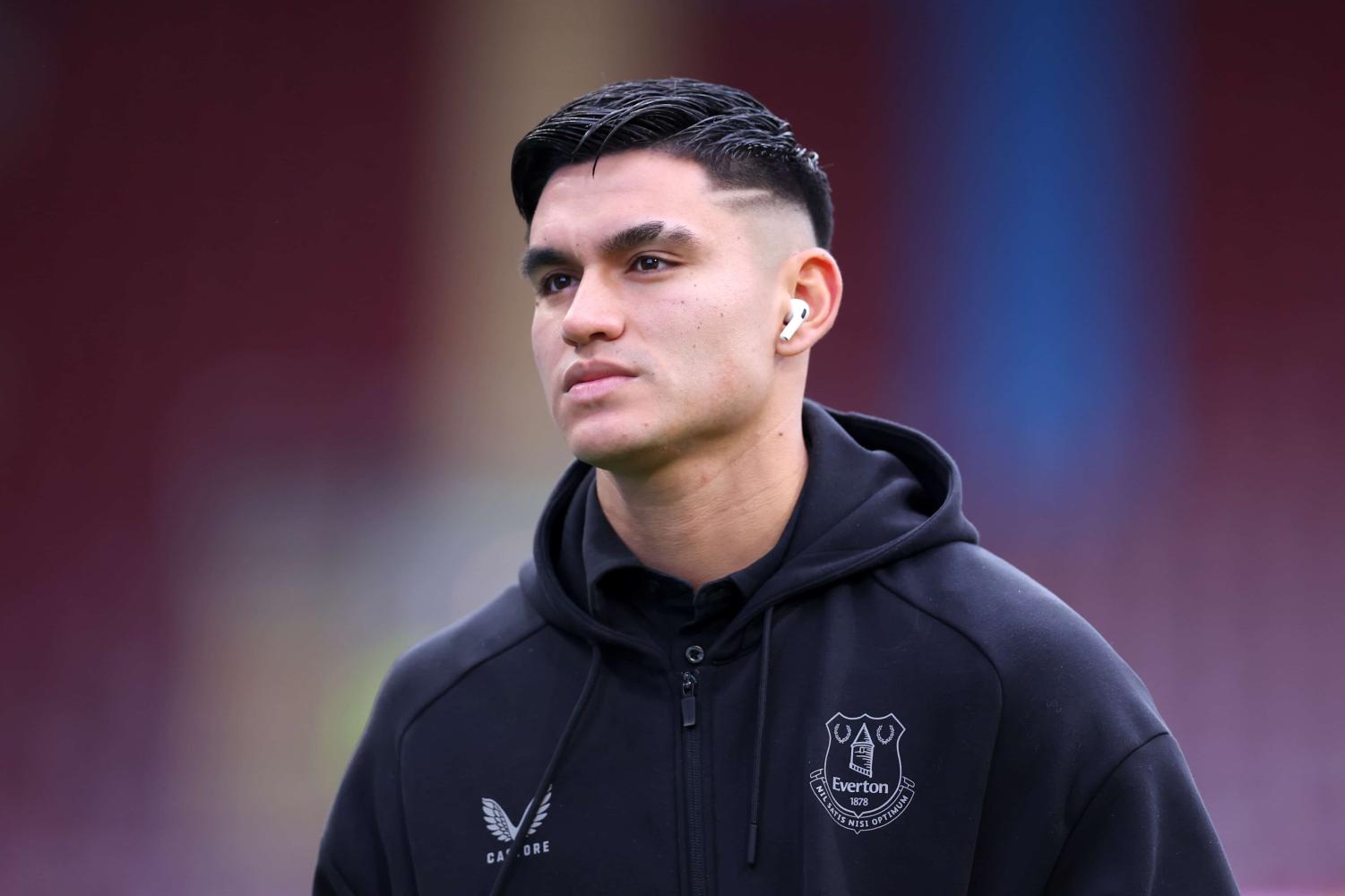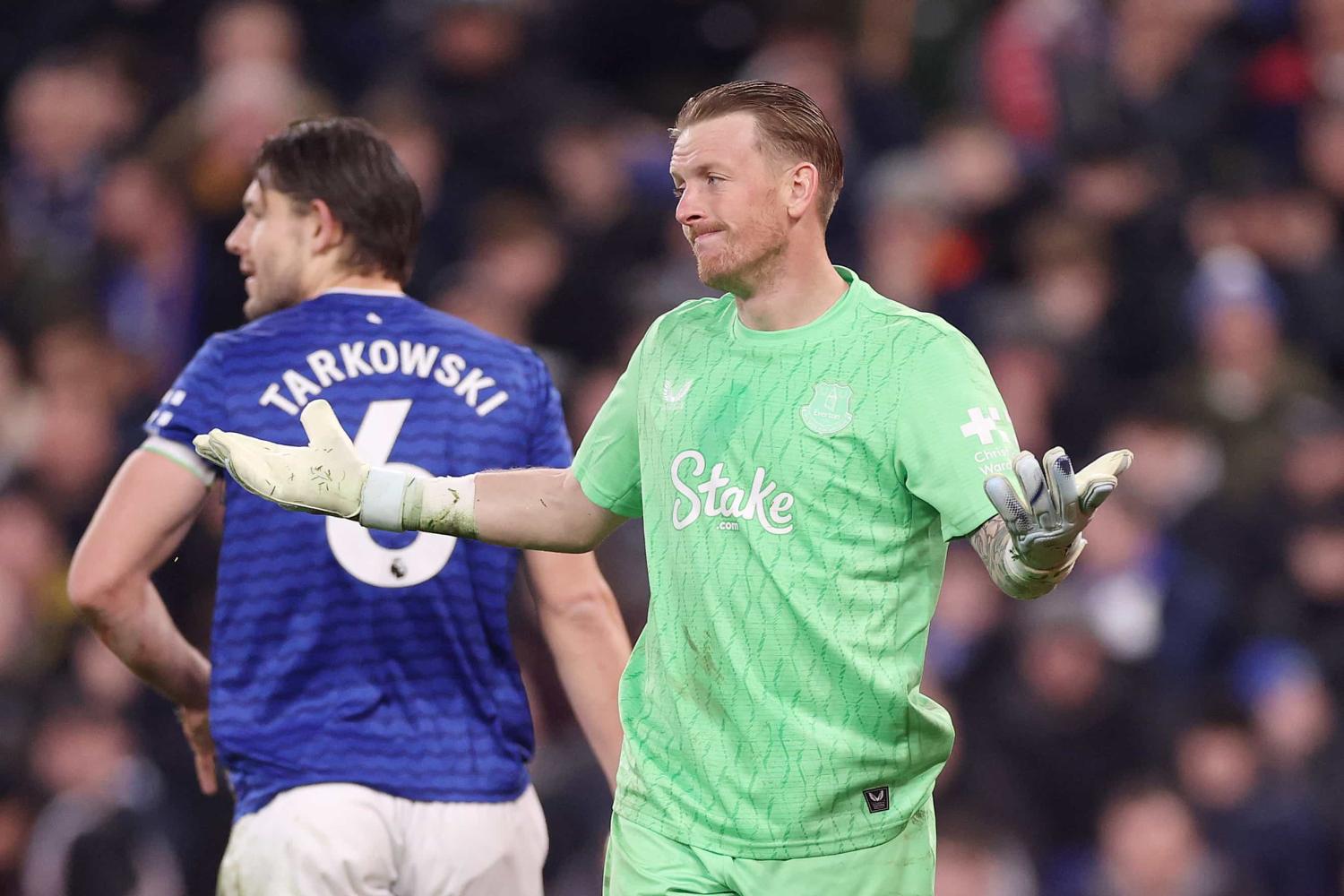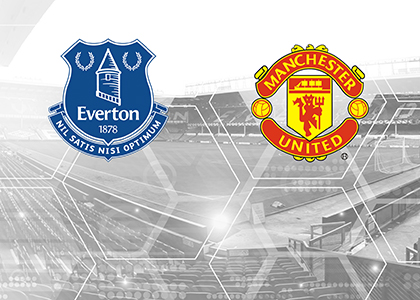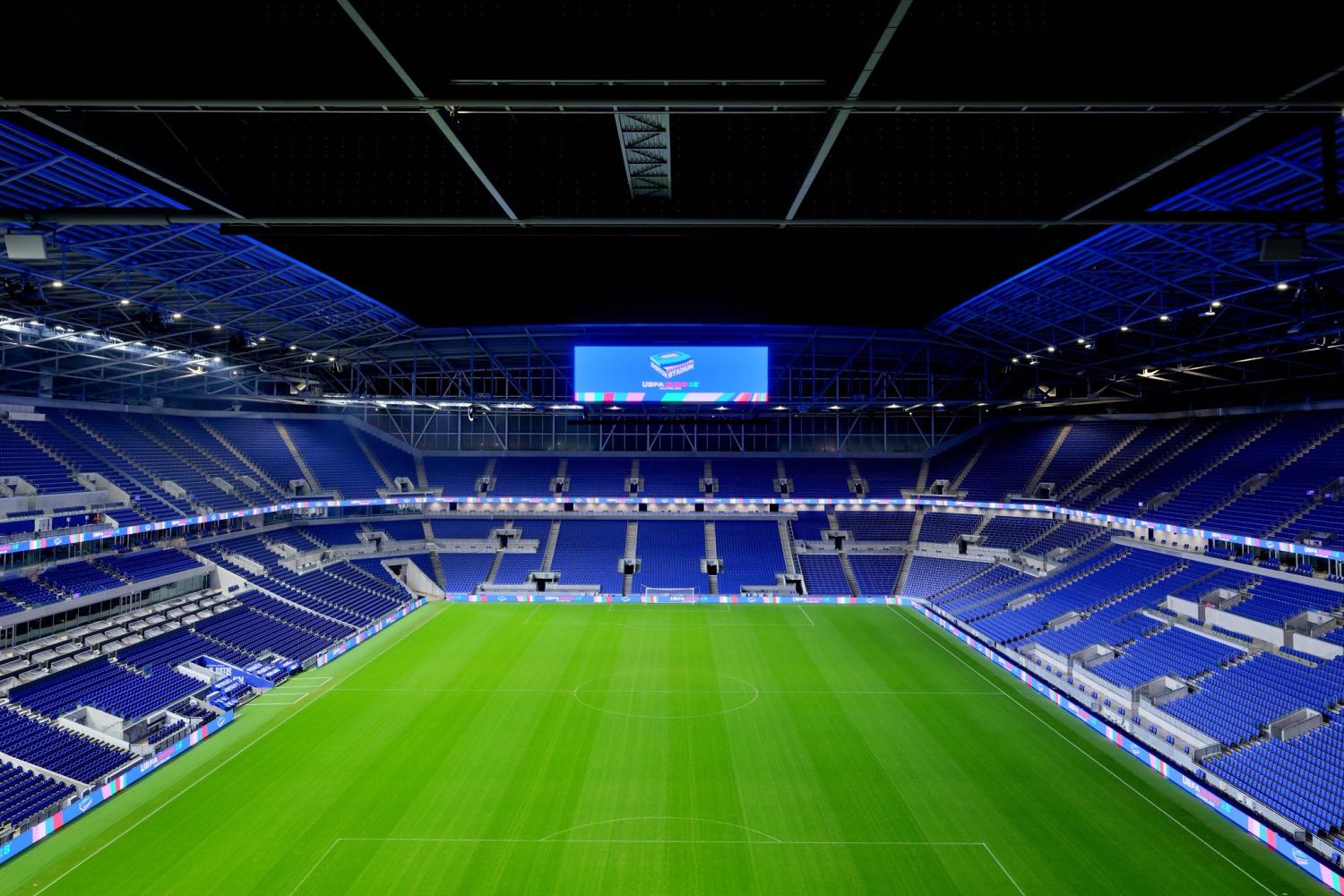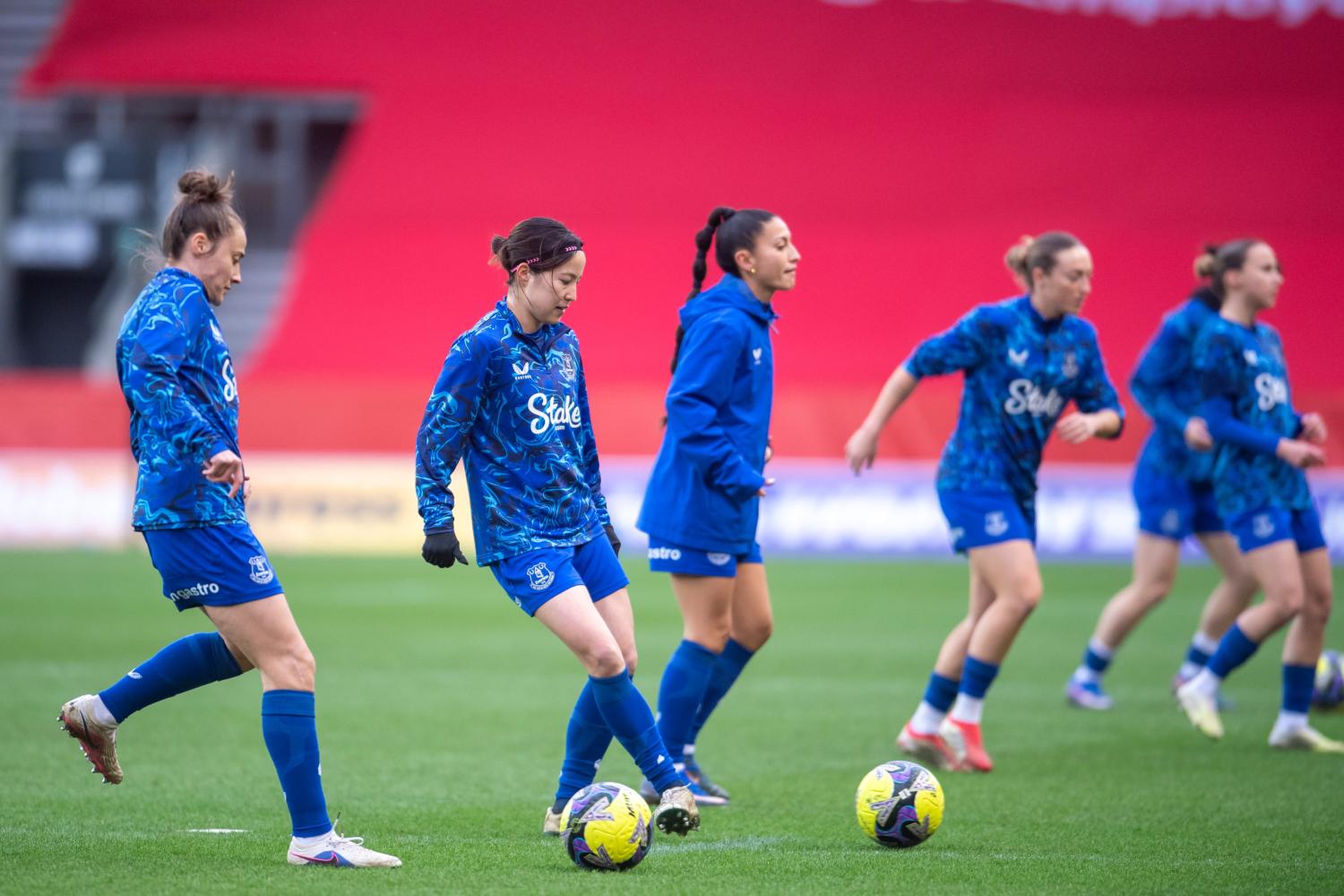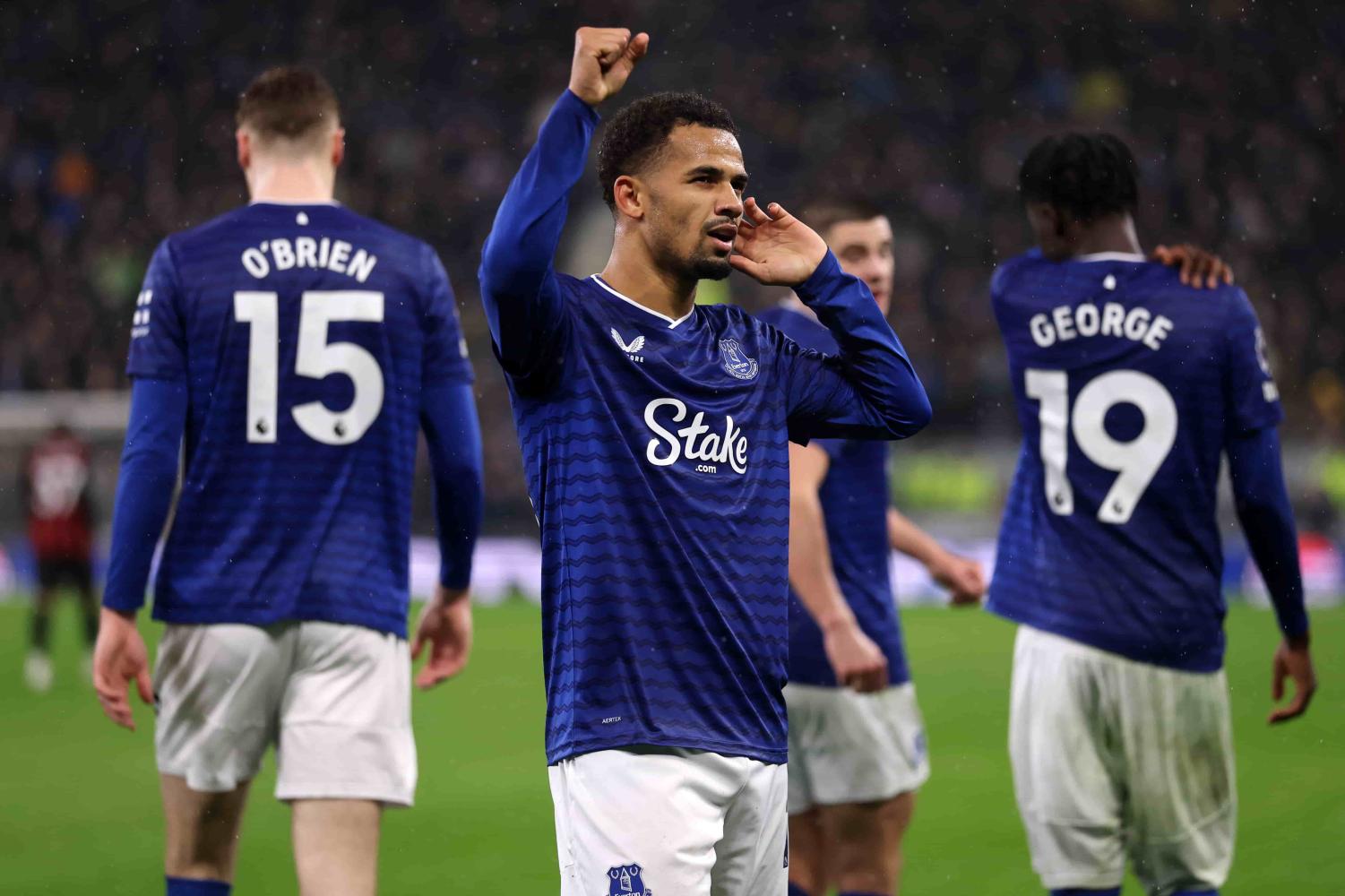Season Review, 2001-02
From being top of the pile in August,
to Walter's exit and the Moyes revolution,
it was another eventful season at Goodison!
|
SEASON REVIEW |
|||||
15 May 2002 The main thrust of my season preview back in August was that this season would be make or break for Walter Smith. The previous season had sown the seeds of concern about Smith's ability to return Everton to the upper echelons of the English game but � giving him the benefit of the doubt caused by injury crises, boardroom upheaval and a financial straightjacket � even I didn't expect his Everton managerial career to implode quite as spectacularly as it did. And so it was that, after a dramatic collapse of form — that showed no sign of easing, even when the victims of another slew of injuries began returning to the first team — Walter's four-year tenure came to an ignominious end in March 2002 with the club dashing headlong towards another end-of-season relegation cliffhanger. That would have come as no real surprise to the majority of the sports media who ritually label the Blues as candidates for the drop at the beginning of the season. However, three games into 2001-02, the belief among many of the Everton faithful that Smith would finally be able to get Everton moving in the right direction was seemingly confirmed as the club sat on top of the Premiership — albeit very briefly. An unlikely opening day victory at Charlton was followed by a home draw with Tottenham (although how we didn't take three points against a team reduced to 9 men was mystifying...) and a comfortable victory over Middlesbrough. It appeared that Walter, given a fit squad, did have what it took to keep Everton in or around the Top 10 and possibly sustain them as outside challengers for a UEFA Cup spot. However, three straight defeats against Manchester United, Liverpool and Blackburn (the former two featuring appallingly unmotivated performances), with a League Cup defeat to Second Division Crystal Palace sandwiched in between, dispelled those delusions of grandeur and firmly realigned the supporters' expectations. But not for long! A 5-0 demolition of West Ham, a hard-fought goalless draw at Ipswich and a handsome display against Aston Villa at Goodison had the fans wondering once more if a top half finish was likely. The very next game, they came back down to earth with another bump after the 3-1 home defeat at the hands of Newcastle but a four-match unbeaten run that took in draws against Bolton, Chelsea and Leicester City and a home win against Southampton had the supporters scratching their heads once more wondering just where the team was heading. If the substandard performances against Chelsea and Leicester hadn't provided the clues that all was not well on the Good Ship Everton, the manner in which the wheels came off Everton's season altogether in the ensuing weeks hammered home the unpalatable fact that it was going to be yet another difficult campaign. A catalogue of injuries, most notably — not to say predictably — to Campbell and Ferguson, had decimated the forward line leaving summer signing Tomasz Radzinski and Joe-Max Moore as the only fit senior strikers. Eschewing Moore as an option, Smith instead employed defender Steve Watson in attack, a tactic that only appeared to work against the Saints because the team won but was, in reality, a perplexing and ineffective solution. The point was driven home over the next month as Watson failed to register a single goal from this unfamiliar role and Moore twice came off the bench to score — the first time to score a crucial winner against Derby at Goodison. Moore was promoted to the starting lineup but the team's problems ran much deeper than just a lack of striking talent and, between mid-December and mid-March, Smith would win just one more league game before Bill Kenwright's patience and faith ran out and he was dismissed. A run of five consecutive league defeats was punctuated by an unlikely FA Cup victory at Stoke that may have prolonged Smith's tenure by a couple of months as a hail of rumours that a cup exit would have forced Kenwright's hand surrounded that match. As it was, new signing Jesper Blomqvist's solitary strike sealed three points in the next league game against Sunderland but it was all downhill from there, despite the arrivals of Tobias Linderoth, Lee Carsley and David Ginola at the end of January. While the Blues progressed to the Quarter Finals of the FA Cup, things were falling apart in the league, with performances getting steadily worse and the team slipping from mid-table mediocrity into the painfully familiar territory of the relegation dogfight. Worse still was the manager's apparent inability to turn the team's fortunes around. Perplexing team selections, a chronic lack of motivation and suspicions of a dearth of training and fitness cast a darkening shadow over Walter's future at Goodison Park. Failure to capitalise on an awful Leeds United performance at Goodison in front of the Sky Sports cameras was followed by an absolutely dismal showing in a 1-0 loss at West Ham � the point at which Kenwright probably made up his mind, such was the total lack of attacking prowess on show from Smith's charges. The following weekend, after an embarrassingly inept display at Middlesbrough that sent Everton hurtling out of the Cup in a 3-0 loss, Smith's time had come. By the following Tuesday evening he had been shown the door, bringing to an end an ultimately moribund four years of treading water at the Goodison helm. The appointment of his successor was swift and decisive. Apparently recommended by Smith himself, Kenwright secured the services of Preston manager, David Moyes, who is widely regarded as one of the best young managers in the game. With the club staring possible relegation squarely in the face, it was a huge gamble, but the opportunity to take a fresh approach was too good to pass up and it reaped immediate dividends. Moyes won his first match 2-1 against Fulham (an exhilarating but nerve-jangling triumph over the odds after Thomas Gravesen had been sent off with 50 minutes of the game remaining) and took all three points from a seven-game thriller at Derby County the following week � Everton's first away win since the opening day! Although his side was humbled 6-2 by Newcastle, Moyes oversaw his third victory three days later when the Blues beat Bolton 3-1 and moved another giant step towards Premiership survival. After predictable defeat at Chelsea and an annoying 2-2 home draw with Leicester, safety from relegation was secured at Southampton thanks to a goal by Steve Watson. Having applied for admission to the InterToto Cup, the final two games of the season against Blackburn and champions-elect, Arsenal, were elevated above meaningless, but Everton lost them both in disappointing fashion, highlighting to Moyes the amount of work that lies ahead of him this summer. When the dust had settled on another hectic season, Everton had to be content with a poor final position of 15th, short three places of InterToto qualification and around £2M in lost revenue they would have received had they finished 10th. The most important thing, though, was that the club will be in the Premiership next season, becoming the first English club to play 100 seasons in the top division. Not only do we have that celebration to look forward to, we can also look to building for the future under David Moyes. In nine games, the 38-year-old Scot steered the club away from relegation danger with confidence, restoring an attacking ethos to a team that had forgotten how to score goals and making Everton entertaining to watch for the first time in a long time. Defensively, Moyes has a lot to work on, and in that sense the 2002-03 campaign will give us a better idea of what the young manager is capable of. With regard to Walter Smith, this season proved what most of us had come to realise — some sooner, some later; that he was not the right man for the job. The transformation of the team under Moyes in terms of fitness, confidence and motivation alone illustrated what had been sorely lacking during the latter part of Smith's reign. For whatever reason, a positive start 2001-02 evaporated and was eventually consumed by more crippling injury problems but, by the time those injury issues had begun to clear up, Smith had seemingly lost the plot. His time had clearly come and Everton must now look to a bold new future under Moyes, one centered on self-belief, youth and enterprising football.
League Position: 15th
|

